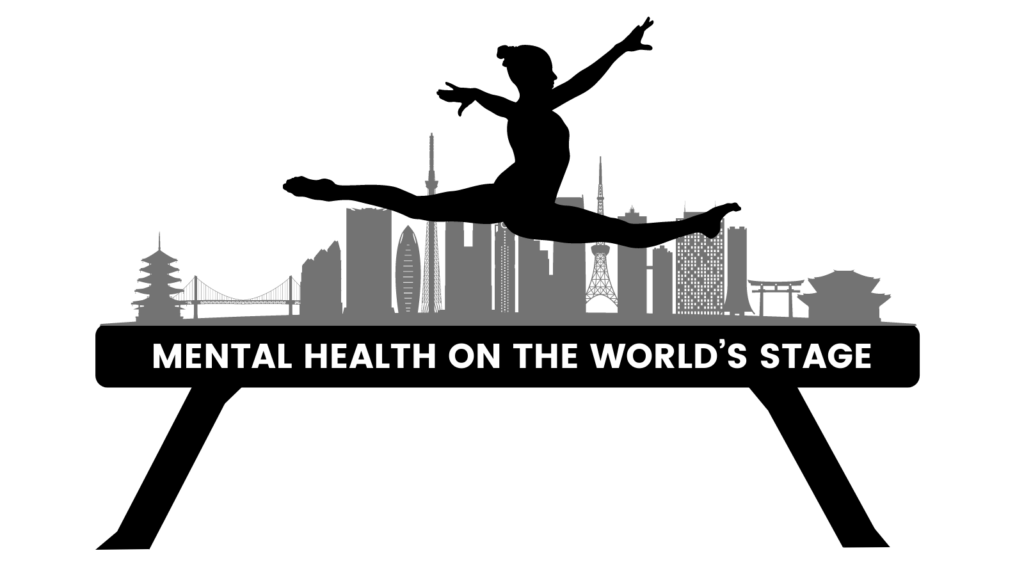
I’m certain many of you are as disappointed as I with the recent turn-of-events during women’s gymnastics at the Olympics. I love gymnastics—and I admit I want the Gold, nothing less. But after stepping back, and a quick sigh, I realized how proud I am of Simone Biles, one of the greatest gymnasts of all time, for her courageous decision to recognize her own current emotional/mental illness and to publicly acknowledge it. This was done despite the general public’s lack of understanding and acceptance of the importance of mental health. It was an important moment for athletes and non-athletes alike. Thank you, Simone!
As Simone, her coaches, and medical personnel described, her mind and body were not in sync. Her brain and physical body were not communicating. It presented an uncomfortable position for her; one in which she could not perform well and began losing confidence in herself. Due to the nature of her job, this placed her in a dangerous situation.
This is whole health. Each part of our being works in contribution to and coordination with the rest. It’s how we are designed. It’s the reality that “the whole is greater than the sum of its parts” (Aristotle).
We all want to perform our best, whether it be for our country and a medal or our business and a paycheck. None of us want to disappoint our bosses or clients, nor do we want to contribute to our businesses’ low productivity—but we are human. All of us will have days when our noses run, our lungs are congested, our muscles ache, our fevers spike, our heads hurt, our brains fog, our thoughts race, our chests tighten, our emotions are raw, our tempers flare, our tears flow. Some days we may need to take an aspirin, see our doctor, meet with our therapist, or rest at home.
You don’t need to be an Olympian to deserve self-care, or a rocket scientist to understand the importance of it. Accepting this is an appreciation of total body health: a recognition that our bodies are composed of parts seen, as well as parts unseen. Not only does mental health affect us emotionally, but it also affects us relationally, spiritually, cognitively, and even physically. Mental health is a part of whole health.
We have ignored and denied the reality of the health of the mind. But denial doesn’t make it so. Mental health is health and it affects our performance in both the ability to keep pushing for the gold (or promotion) as well as the recognition of when it’s time to let go, heal, and live to fight another day. We witness this daily in real-life hero stories and our own everyday experiences.
This year is a perfect example of why focus on whole health is needed. While COVID-19 is primarily a disease of the physical body, over the course of this pandemic we have witnessed the effect it has had on our mental health—even for those not directly infected with the virus. The uncertainty and constantly changing information surrounding the virus have contributed to our anxiety. The fear of the diagnosis, the physical symptoms, the loss of life—often of loved ones—has contributed to our distress and even depression. The isolation needed to protect our physical bodies has proven to intensify our mental stress.
You don’t need to be an Olympian to deserve self-care, or a rocket scientist to understand the importance of it.
As a nation, I hope we choose to embrace, appreciate, and build on the courage of our most prominent figures when they reveal their health struggles. Michael Phelps has come forward in resounding support of Simone—not only reminding us of his widely publicized struggle with depression and suicidal ideation, but also emphasizing the importance of addressing both mental health and physical health equally. Bravo, Michael!
Enjoy the Olympics and its celebration of physical health—and include in that celebration applause for Team USA’s decision to stand on the world’s stage and be transparent regarding the importance of whole health.